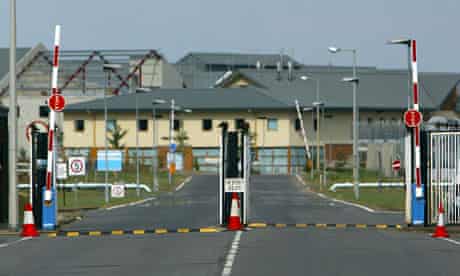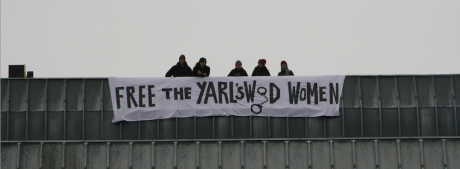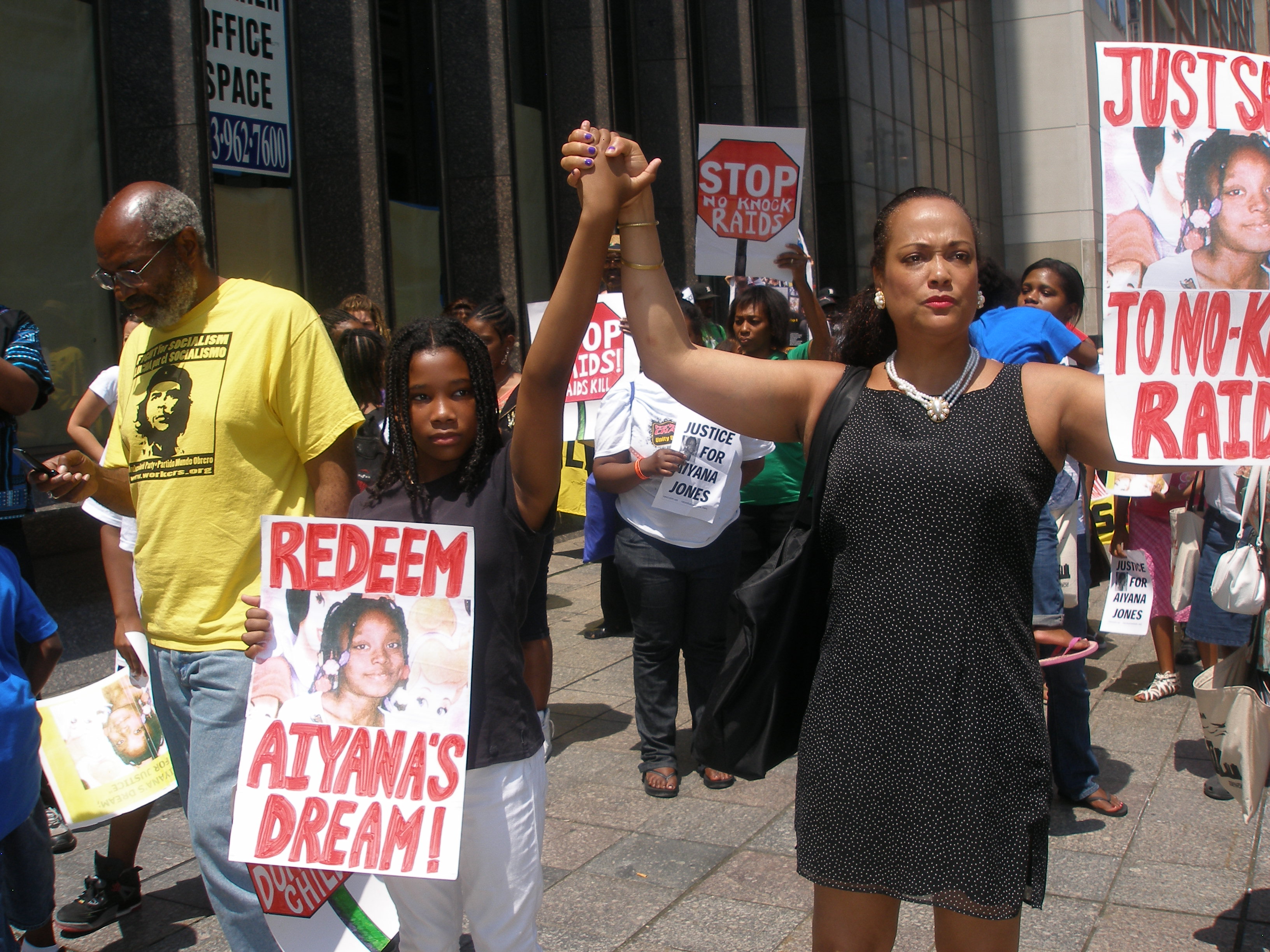
Yarl’s Wood
Betty Tibikawa is a Ugandan lesbian who has applied for asylum in the United Kingdom. She has been turned down and sits in Yarl’s Wood, waiting to be deported, struggling to live.
Betty Tibikawa’s family has disowned her. The infamous Ugandan tabloid, the Red Pepper, identified Tibikawa as lesbian, and so extended the threat to her life and well being.
And she has been tortured. Having just graduated from high school, Betty Tibikawa was preparing to go to university in Kampala when three men abducted her. They took her to an abandoned building and branded her thighs with a hot iron. They left her unconscious. She remained at home, in bed, for two months. In the home of the family that then disowned her for being lesbian.
The United Kingdom Border Agency has decided that Betty Tibikawa shall not receive asylum. The scars are real, and they do indicate having been branded with a hot iron, but she shall not remain in the United Kingdom. Has the agency decided, despite all evidence to the contrary, that Uganda is now magically safe for LGBTQ persons? That can’t be. There’s too much evidence to the contrary. Is Betty Tibikawa not lesbian enough for the UKBA, and thus not in enough danger? Being tortured, being abducted, being threatened by a national newspaper, being disowned and abandoned by one’s family aren’t enough? What would be credible enough?
Betty Tibikawa’s story is an old story, a familiar story. In pleading for asylum, Tibikawa is “at the mercy of states not only jealous of their own sovereignty but dominant on the international scene, pressed to intervene here rather than or sooner than there”. Hers is a story of mercy, a test of the sovereign nation-State’s capacity to engage in mercy. The State has failed … again.
She has come before strangers and revealed herself. She has been prodded, poked, interrogated, poked again, prodded again, all in the name of some sort of science. In this, Betty Tibikawa mirrors Saartjie Baartman, a Khoisan woman brought to France, an African woman who, in the end, “craved … mercy. Mercy. I was one colored woman against a thousand dead white men.” All she craved was mercy. She found none. She found, instead, European men who claimed science, who claimed mercy.
Betty Tibikawa mirrors as well Joseph “John” Merrick, the “Elephant Man”, who looked at the world of English scientists and doctors and wondered aloud, “If your mercy is so cruel, what do you have for justice?” The doctors responded that Merrick had much to learn about science, about religion, about mercy.
Where is mercy?
Is it to be found in a court of law? Does mercy abide anywhere in the processes of asylum? Do mercy and justice ever meet? What crime did Betty Tibikawa commit? The crime of self knowledge? The crime of knowing whom she loves? The crime of love itself?
Betty Tibikawa says she can’t sleep and has terrible nightmares. The current practice of asylum is a nightmare, a nightmare from which we all must try to awake. Meanwhile, Betty Tibikawa waits to be deported back to Uganda.
(Photo credit: Dan Chung / Guardian)







